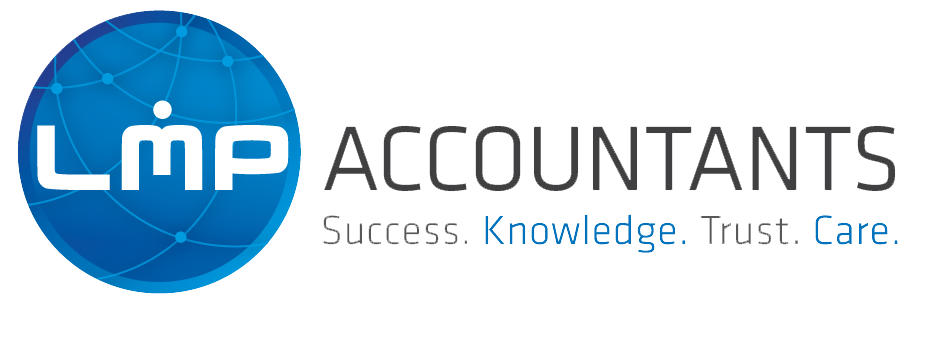The recent income tax cuts that passed through Parliament do not mean everyone automatically gets $1,080 back from the Government as soon as they lodge their income tax return. The Australian Taxation Office (ATO) has been inundated with calls from taxpayers wanting to know where their money is and how they can access the $1,080 they now believe is owing to them.
One of the stranger pieces of legislation to be introduced into Parliament last month is an attempt to ensure that overseas welfare recipients over the age of 80 are in fact, alive.
By 30 June 2019, five major financial institutions paid $119.7 million in compensation for poor financial advice to 6,318 customers. The question is, how are these payments treated for tax purposes?
The end of financial year is upon us again (yep sneaks up doesn’t it!). Are you ready? Have you considered what you can do to maximise your opportunities at this time of the year? There are many ways to take advantage of tax planning initiatives to manage taxable income.
Single Touch Payroll (STP) is a new regulation introduced by the ATO. All large businesses (more than 20 employees) should now be using STP, or have applied for a later start date. For employers with less than 20 employees, STP reporting will begin on 1 July 2019.
For most people the end of a relationship is an extremely traumatic time, and there are very few couples who go through this process without seeking the professional advice of a family lawyer.
In the 2017-18 financial year, more than 2.2 million Australians claimed over $47 billon in deductions and the Australian Taxation Office (ATO) thinks that is too much - one in ten is estimated to contain errors.
In general, taxpayers are able to deduct from their assessible income any expenses they incur generating or producing that income. An investment is negatively geared when the cost of owning the asset is more than the return. Negative gearing is not limited to property but can apply to other assets such as shares.
The Federal Budget announced a series of measures, some of which were legislated before the election was called.
The latest data breach report from the Office of the Australian Information Commissioner (OAIC) is surprising for the simplicity of the problems - 37% of data beaches resulted from human error not malicious attack. In over 20% of reported cases, personal information was simply sent to the wrong recipient. Another 6% of complaints were attributed to system faults.
A former Foodora Australia delivery rider, Joshua Klooger, recently won an unfair dismissal claim despite a service agreement that classified him as an independent contractor. We explore the implications of the case.
The Australian Tax Office (ATO) is utilising data provided by the Australian Investments and Security Commission (ASIC) to data match share trades.
Parliament passed new laws last month directly aimed at the behaviour of taxpayers that don’t meet their PAYG obligations.
From 1 July 2017, new rules came into effect that prevent taxpayers claiming a deduction for expenses they incur travelling to and from their residential investment property.
Small business is still a vote winner with the Government and Opposition teaming up to accelerate tax cuts for the sector by 5 years impacting on an estimated 3.3 million businesses.
Why is it that many women choose not to seek more professional financial advice?
In general, women have a longer life expectancy than men, living on average 6 years longer, so there is a high chance of women outliving a partner. This means that for many women, their superannuation will have to stretch further.
1 July 2018 is the start date for the seven year income tax plan announced in the recent 2018-19 Federal Budget. The seven year plan benefits low and middle income earners in the first few years before expanding out to a broader restructure of the tax rates and brackets for everyone.
No one wants to pay more tax than they need to or face unnecessary risks. We’ve compiled a list of our top tips for you.
For individuals there are personal tax bracket changes coming from 1 July 2018 - The top threshold of the 32.5% personal income tax bracket will increase from $87,000 to $90,000*.
Employers that have fallen behind with their superannuation guarantee (SG) obligations will have 12 months to “self-correct” under a new amnesty announced late last month.




















